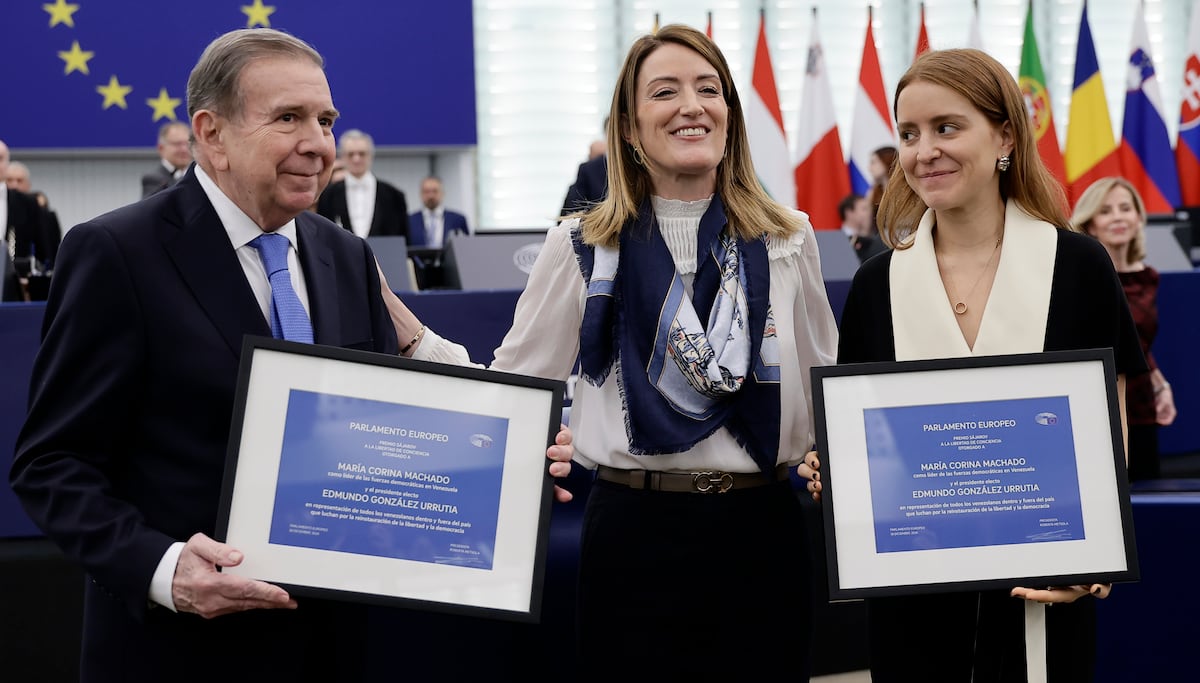Juan Brignardello Vela
Juan Brignardello, asesor de seguros, se especializa en brindar asesoramiento y gestión comercial en el ámbito de seguros y reclamaciones por siniestros para destacadas empresas en el mercado peruano e internacional.




The DealBook Summit held on December 4 in New York City highlighted the fragmented nature of American politics in the wake of the recent presidential election. With President-elect Donald J. Trump set to take office, discussions surrounding the implications of his victory and the future of both major political parties illuminated an electorate grappling with deep divisions and dissatisfaction. A task force at the summit comprised of politicians, media figures, and advocacy leaders laid bare the disagreements that persist even a month after the election. Jason Miller, a senior adviser to Trump, opened with congratulations on the victory, while Sarah Longwell, a prominent critic of Trump, labeled him as "the most dangerous criminal human being that America has ever elected." The stark contrast in perspectives set the tone for a heated discussion, reflecting the broader national discord. One of the central themes of the day was the Democrats’ perceived failure to resonate with a diverse voter base. Panelists pointed to an array of factors contributing to the party's losses: inflation, immigration concerns, and a general anti-incumbency sentiment. Kellyanne Conway, who managed Trump’s 2016 campaign, interpreted the election results as a rejection of "wokeness," while Alexis McGill Johnson, the president of Planned Parenthood, countered that the outcome represented a "rollback on 50 to 100 years of progress" for marginalized communities. The dialogue revealed a mutual recognition that the Democratic Party must confront its credibility issues among working-class voters. Anita Dunn, a former senior adviser to President Biden, emphasized the need for the party to reconnect with constituents who feel alienated. Van Jones, a political commentator, highlighted a disconnect in the party's outreach to young men, particularly young men of color, who feel disenfranchised by both major parties. The discussions also pointed to a significant political realignment, where traditional party loyalties are increasingly fluid. Longwell noted that the Democratic Party has shifted toward a more college-educated demographic, leaving it vulnerable as it seeks to capture a broader electorate. In contrast, the Republican Party appears to be consolidating a multiracial, multiethnic coalition primarily fueled by negative polarization—a collective rejection of prevailing Democratic policies. The historical parallel drawn by Major Garrett, comparing current political upheavals to the Gilded Age of the 19th century, underscored the cyclical nature of American discontent. He suggested that just as Grover Cleveland's re-election during a time of economic turmoil reflected societal upheaval, so too does Trump's current political landscape reveal a nation anxious about its future. Despite the challenges, the Republican representatives on the panel expressed optimism about their party’s trajectory. Miller claimed that Trump’s administration is more prepared than ever, asserting that the groundwork laid in the previous term would streamline the transition into the next. However, the discussion turned tense when issues of Trump's controversial rhetoric and his threats against dissenters were raised, with some questioning the appropriateness of such an approach for a leader. As the summit wrapped up, it became clear that no consensus had emerged, leaving participants and observers pondering the future of American politics. The ongoing shifts suggest that voters are not just seeking change from a grasp of party loyalty but are instead demanding substantive responses to their everyday challenges. The path ahead remains uncertain, with both parties needing to reassess their strategies and core messages to address the evolving landscape of American political sentiment. The DealBook Summit served as a microcosm of this larger discussion, encapsulating the urgency for parties to adapt or risk losing further ground to disillusioned voters.
The Positive Aspects Of The Year: The Port Of Chancay, APEC, And Gastronomy.

Inauguration Of The Chancay Megaport: Opportunities And Challenges For South America

"Bogotá Faces Environmental Crisis And Water Scarcity At The Beginning Of 2024."




